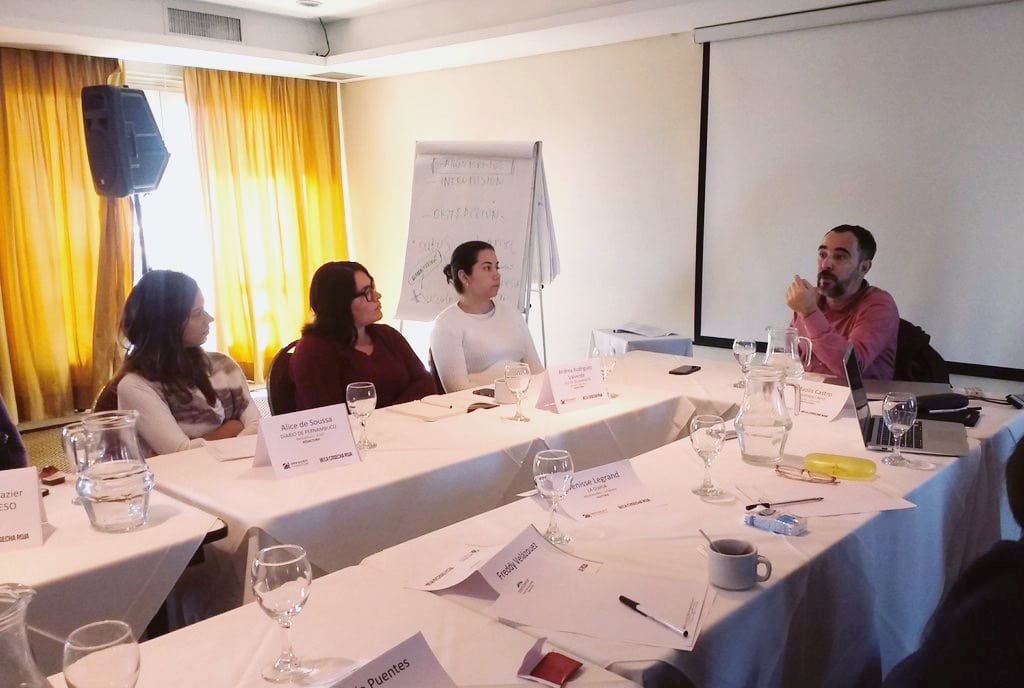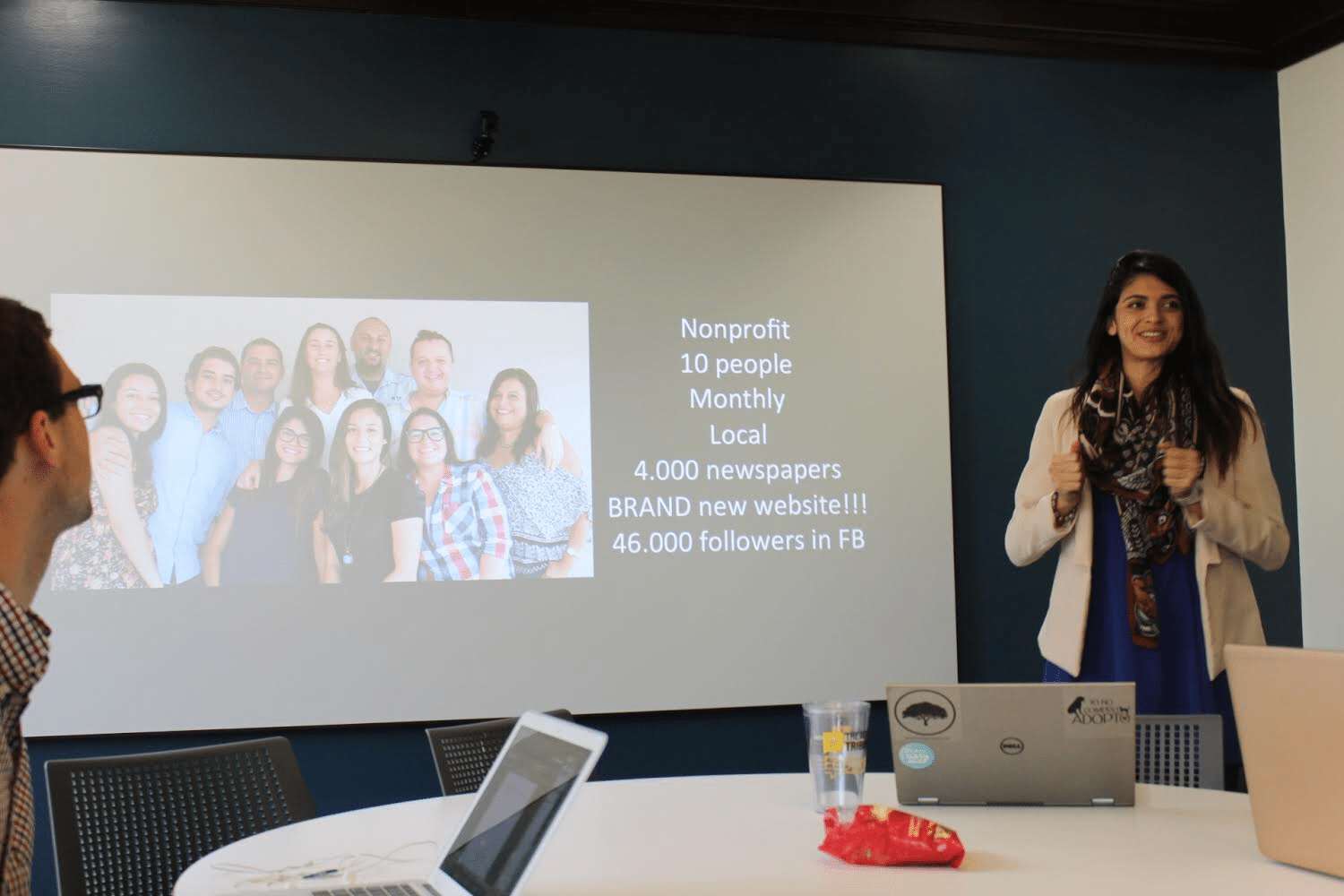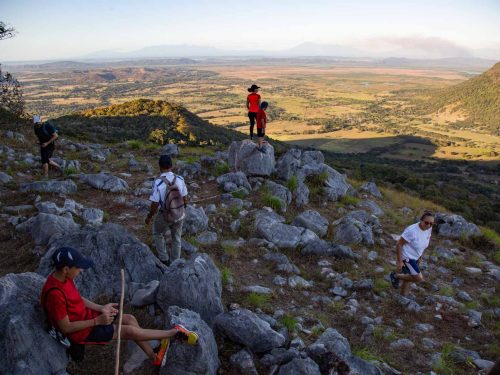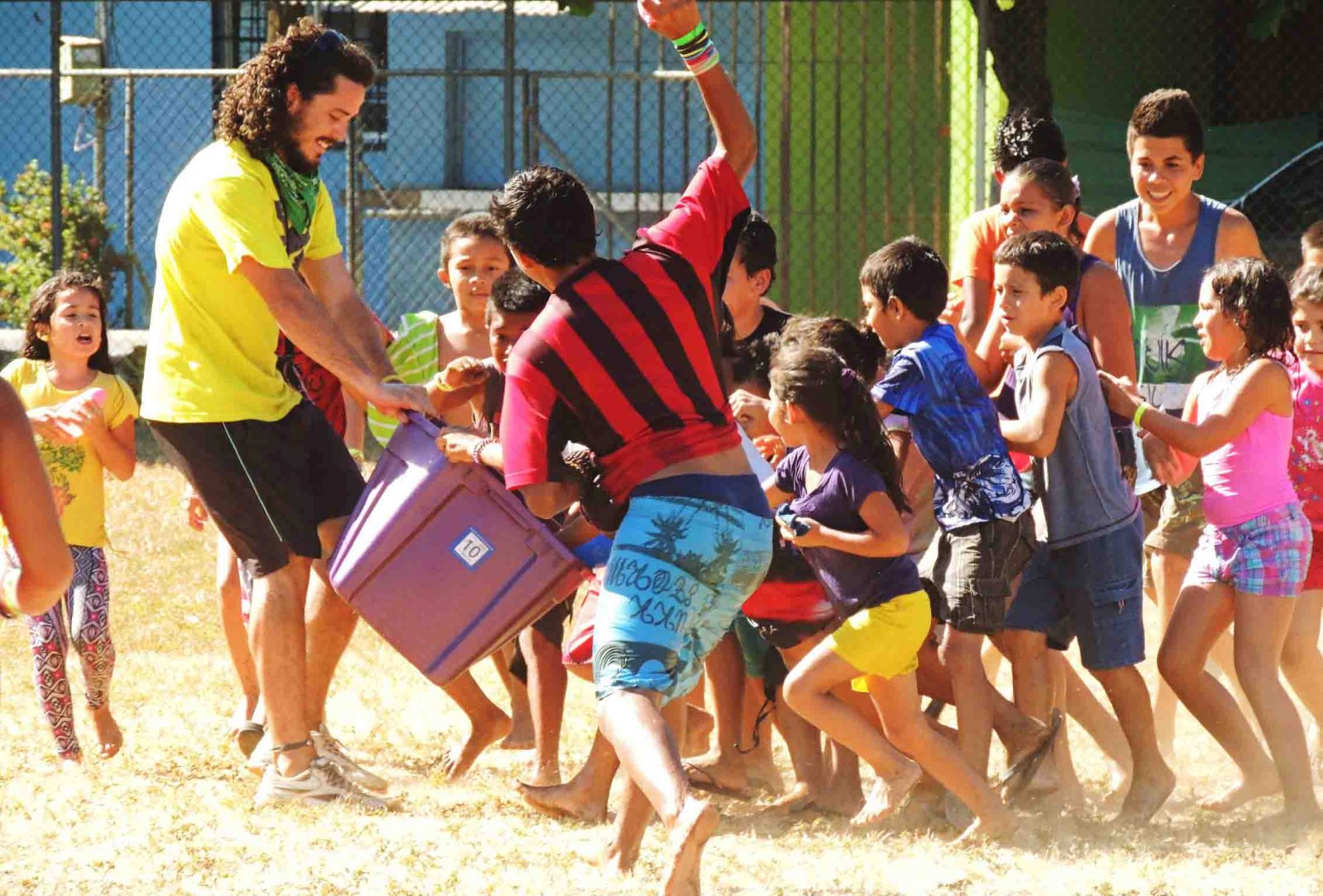
Editor Maria Fernanda Cruz and investigative journalist Andrea Rodríguez from The Voice of Guanacaste were selected as the only representatives from Costa Rica for two international grants to receive training in digital journalism innovation and narrative journalism, respectively.
The International Center for Journalists (ICFJ) selected Cruz to be the Costa Rica representative for the A Digital Path to Entrepreneurship and Innovation for Latin America fellowship that was held from April 23 through June 2, 2018.
For six weeks, Cruz attended talks and received training from journalists and leaders from news outlets such as the Washington Post, Politico, NPR, The Atlantic and The Texas Tribune. At the Texas Tribune, Cruz worked for four weeks developing a project for Guanacaste, with the help of journalists and professionals from this U.S. newspaper.
“The Texas Tribune is also a non-profit organization,” Cruz said. “One of the few in the world that has been able to create a sustainable business model with the help of its community and large organizations.”
“My project consists of involving the newspaper’s communities in the reporting process,” she added. “In college they taught us to use people as sources of information, but at The Voice I have learned that creating a community is instrumental in doing good journalism, as long as our values and our ethics aren’t compromised.”
At the other tip of the Americas, in Argentina, Andrea Rodríguez was selected for the Cosecha Roja grant, sponsored by the Open Society Foundation. From June 4-8, Rodriguez learned narrative tools and theories for covering topics such as youth, inequality and poverty, violence against women, hate crimes and attacks against the LGBT community.

Andrea Rodríguez (second from left to right) is in Argentina taking a class on how to report about human rights in difficult environments.
“The grant gives us an opportunity to learn about other projects in Latin America that are setting standards,” Rodriguez said. “We are collectivizing experiences in order to replicate them and re-learn to do journalism, a much more precise and critical journalism, but also sensitive.”
With these opportunities, the journalists seek to strengthen journalism at The Voice of Guanacaste, tell better stories and do it with more accuracy. As of now, Guanacastecan communities will have a more space in the newspaper to build information that allows them to make better decisions.







Comments